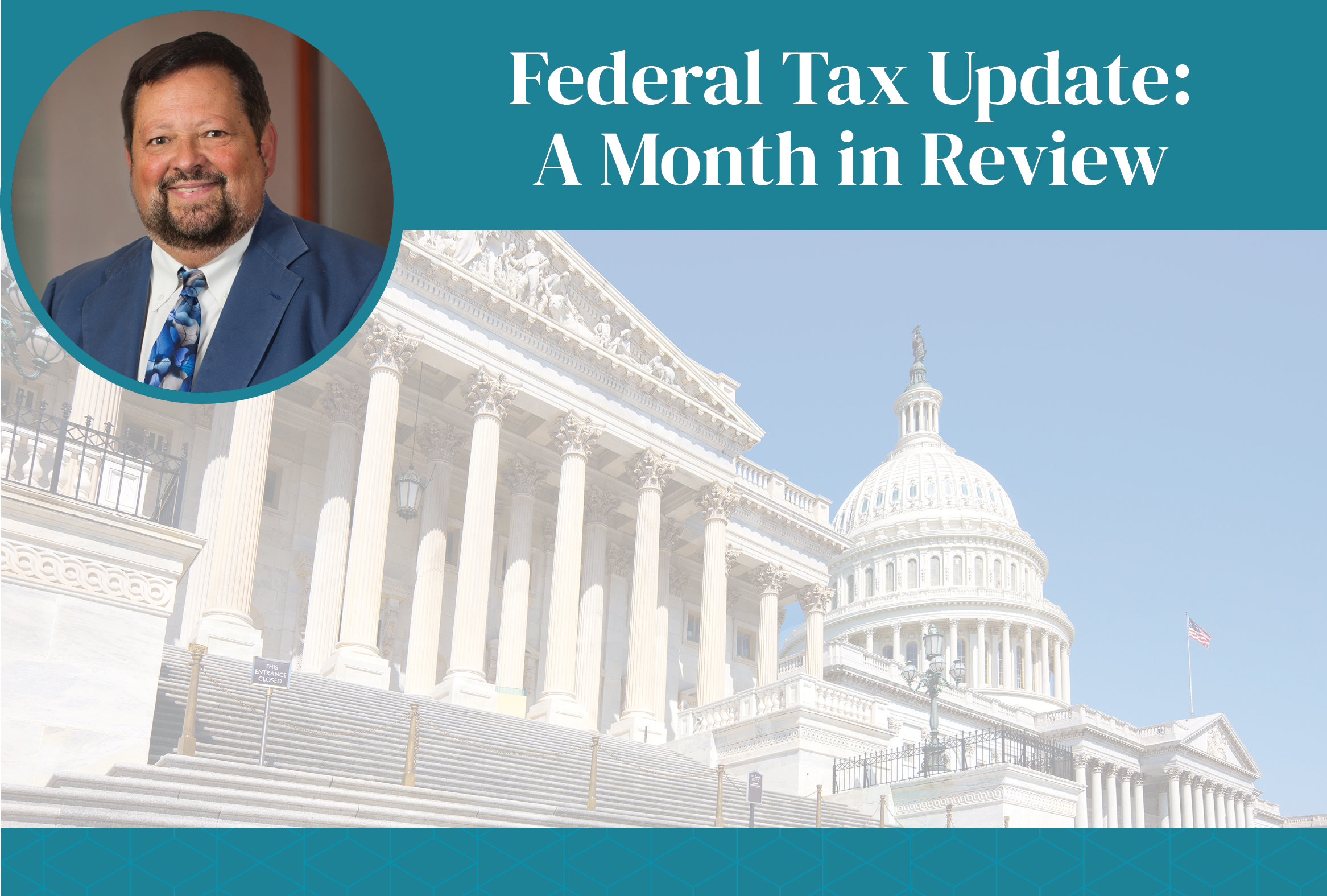September 18th, 2020
Year-End Estate Planning Considerations in Light of a Possible Change in Administration
Posted in: Estates, Trusts & Probate Tax Law Tagged: Micah A. Bonaviri, Michelle L. Vesole
Author: Micah A. Bonaviri, Michelle L. Vesole

With election day just around the corner, many are wondering how a Joe Biden presidency might affect their estate planning. Although Biden has not provided many details, his economic plan calls for, among other things, raising estate taxes “back to the historical norm.” While a president may not have the ability to unilaterally change the tax laws, if the Democrats take control of the Senate and hold their existing majority in the House, a revision to the current tax laws, including the estate and gift tax laws, is almost certain.
Under the current federal estate and gift tax regime, an individual may give $11,580,000 (and a married couple may give $23,160,000) cumulatively during his or her lifetime and upon his or her death before paying any federal estate or gift taxes. While this exemption amount is already scheduled to halve (with adjustments for inflation) beginning in 2026, under a Biden administration, a halved exemption could come sooner or be reduced even lower to $3,500,000, based on previous Democratic Party platform proposals.
Also under the current federal estate tax regime, as has generally been the law for several decades, an heir is entitled to “step up” an inherited asset’s cost basis to the fair market value of the asset on the decedent’s date of death, wiping out capital gains tax on appreciation. Biden has proposed eliminating the stepped-up basis benefit.
Historically speaking, tax legislation could come into effect at a future date, the date of enactment, or as some speculate, retroactively to an earlier date, such as the beginning of the 2021 calendar year or even election day.
In light of these concerns, you may want to consider taking advantage of the current $11,580,000 estate and gift tax exemption before the end of the year, or risk losing the enhanced exemption amount altogether. Several lifetime gifting techniques are available to utilize the enhanced exemption, and without risk that the IRS will later “claw back” for tax on gifts made utilizing this enhanced exemption. Although a recipient of a lifetime gift will take a “carryover” cost basis – the same cost basis as the donor – in the gifted property, if the stepped-up basis benefit upon death is eliminated, donors now have even more incentive to make gifts.
Gifts may be made outright, of course, but there are also several creative gifting techniques available to a donor to accommodate his or her specific needs, goals, and/or family dynamics. For example, gifting techniques may allow a donor to retain a stream of income or control for the donor and the donor’s spouse, provide asset protection for future generations, incorporate charitable giving, leverage his or her exemption with certain valuation discounts, and take advantage of the current low-interest rate environment. As a result, we encourage individuals and families interested in gifting in light of a possible Biden presidency to explore the various options immediately, as these techniques take time to implement and the election is fast approaching. In the event you have questions regarding this article or estate planning in general, please contact a member of our Estate Planning Department.




